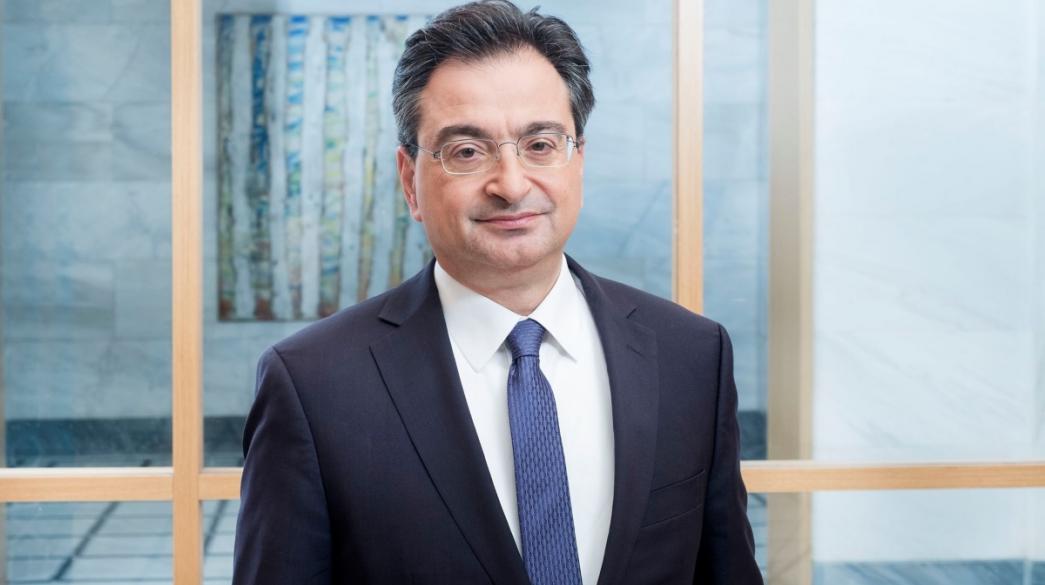Eurobank CEO Fokion Karavias underlined his optimism for the prospects and potential of the Greek economy, while speaking at the Growth Awards ceremony organized by Eurobank and Grant Thornton. "We are at a milestone, because we are not just waiting for the transition to a development phase. We are expecting the highest economic growth rates Greece has seen since the 1960s - and in fact stable and sustainable for many, many years to come," he said.
The head of Eurobank underlined the very positive climate for the economy, the consolidation of the banks and the large amount of available funds for investments. More specifically in terms of banks, he noted that the entire banking system will have a single-digit NPL index by 2022, which will lead, along with other factors, to the country's credit upgrade to investment grade in the next 18 months. "At Eurobank, we are happy that we were the first to open the way and everyone followed. And we are the first to have reached the 3rd quarter of 2021 with a single-digit NPL index of 7.5%," he noted.
The Eurobank CEO said that data and solid analysis supports this forecast. “First, all future looking economic indicators underscore the climate of consumer and business confidence. This is evident in many sectors of the economy. Something that is supported by direct foreign investments made in valuations that surprise us positively,” he said.
Secondly, there is the dramatic reduction of non-performing loans in the banking system and thirdly, there is an abundance of available funds and financing looking for sustainable investment projects.
“It is not only the Development Fund - a major European success for Greece with its funds and participation in the private sector will give a strong push to growth, but also to targeted structural changes, such as he digitization of the public sector. It is also the NSRF, it is the Fair Transition Fund, it is the bank deposits that increase every month, it is the programs of the European organizations and the Hellenic Development Bank that support small and medium enterprises,” stressed the CEO.
And there is another reason, he added, which he believes has not been appreciated enough, referring to the dynamic, innovative Greek companies.
“Via the great, ten-year ordeal, Greek companies endured, adapted and several (this is often overlooked) expanded and developed, having formed characteristics that allow them today, in the development phase, to look very high. They know their industry deeply, their markets, their customers. They have understood how a business should move in each phase of the business cycle.
They have built deep relationships of trust with their suppliers, their customers, their creditors and their employees. Therefore, they now have, all the specifications to pursue the further development of their business, in Greece but also in the international markets - without having the weight of the country risk and the mistrust that admittedly accompanied transactions with Greece for a long time,” he highlighted.








